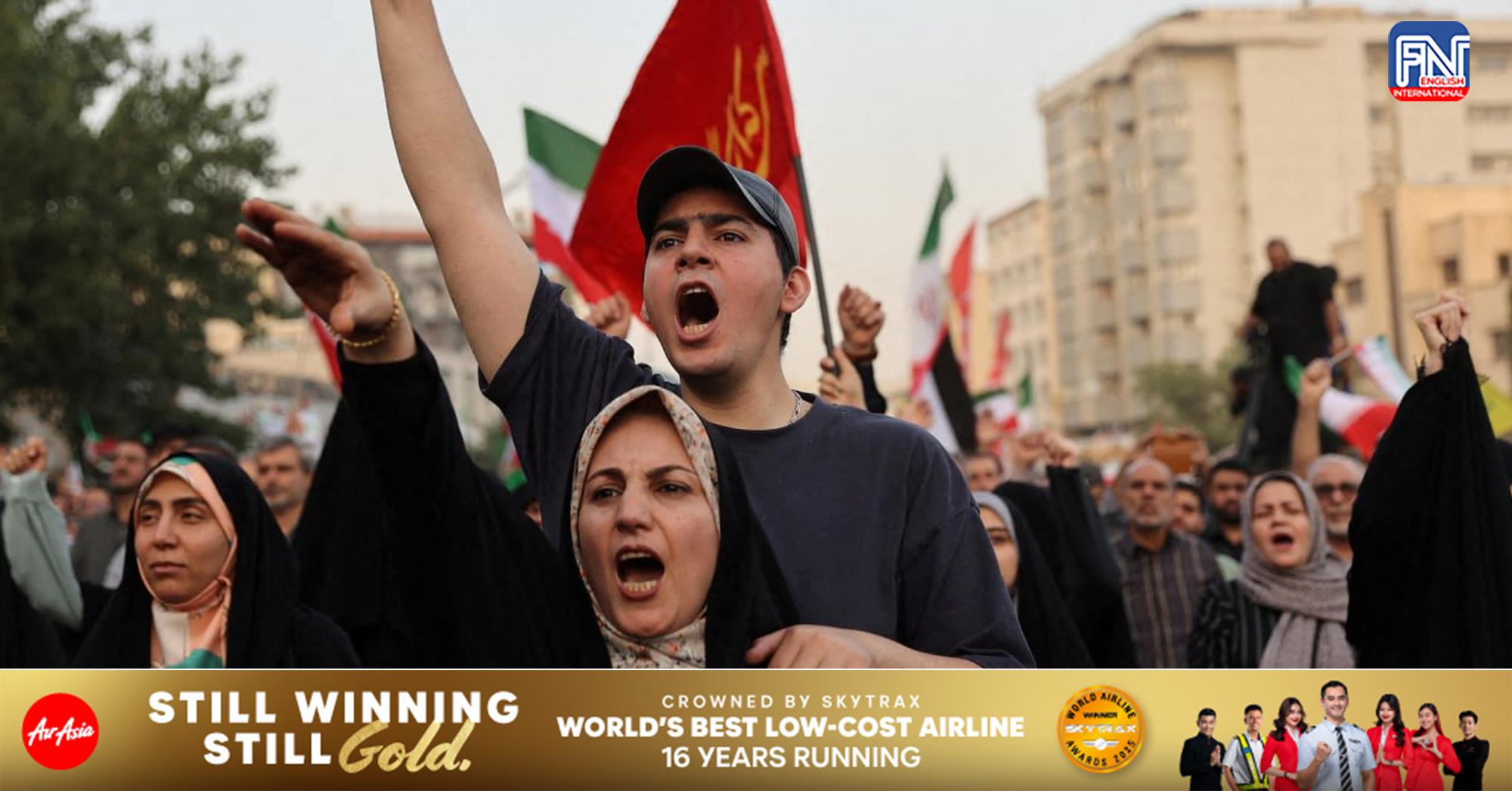THE HAGUE/TEL AVIV/ISTANBUL, Jun. 25 (Reuters): U.S. President Donald Trump said on Wednesday he would likely seek a commitment from Iran to end its nuclear ambitions at talks next week and credited U.S. strikes on Iran with bringing a swift end to the war between Israel and Tehran.
Trump said his decision to unleash huge bunker-busting bombs in Sunday's attack had devastated Iran's nuclear program and called the outcome "a victory for everybody".
"It was very severe. It was obliteration," he said, shrugging off an initial assessment by the U.S. Defense Intelligence Agency that Iran's path to building a nuclear weapon may have been set back only by months.
Meanwhile, anxious Iranians and Israelis sought to resume normal life after 12 days of the most intense confrontation ever between the two foes and a ceasefire that took effect Tuesday.
Speaking in The Hague where he attended a NATO summit on Wednesday, Trump said he did not see Iran again engaging in nuclear weapons development. Tehran has for decades denied accusations by Western leaders that it is seeking nuclear arms.
"We're going to talk to them next week, with Iran. We may sign an agreement. I don't know. To me, I don't think it's that necessary," Trump said.
"I'll tell you, the last thing they want to do is enrich anything right now. They want to recover," he said, referring to Western accusations that Iran has been enriching uranium to near-weapons-grade purity.
Later on Wednesday, U.S. Central Intelligence Agency Director John Ratcliffe said in a statement that the U.S. air strikes had “severely damaged” Iran’s nuclear program, but he stopped short of declaring that the program had been destroyed.
The agency confirmed a “body of credible evidence" that several key Iranian facilities were destroyed and would take years to rebuild, he said.
Israel's nuclear agency assessed the strikes had "set back Iran's ability to develop nuclear weapons by many years". The White House also circulated the Israeli assessment, although Trump said he was not relying on Israeli intelligence.
Trump said he was confident Tehran would pursue a diplomatic path towards reconciliation. The president gave no details on the discussions next week such as the venue and participants.
If Iran tried to rebuild its nuclear programme, "we won't let that happen. Number one, militarily we won't," he said, adding that he thought "we'll end up having something of a relationship with Iran" to resolve the issue.
The head of the U.N.'s nuclear watchdog, Rafael Grossi, dismissed what he called the "hourglass approach" of assessing damage to Iran's nuclear programme in terms of months needed to rebuild as besides the point for an issue that needed a long-term solution.
"In any case, the technological knowledge is there and the industrial capacity is there. That, no one can deny. So we need to work together with them," he said. His priority was returning international inspectors to Iranian nuclear sites, which he said was the only way to find out precisely what state they were in.

Photo from Reuters




